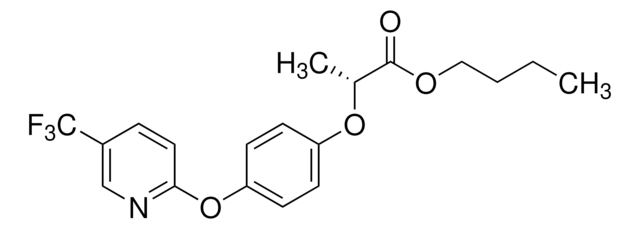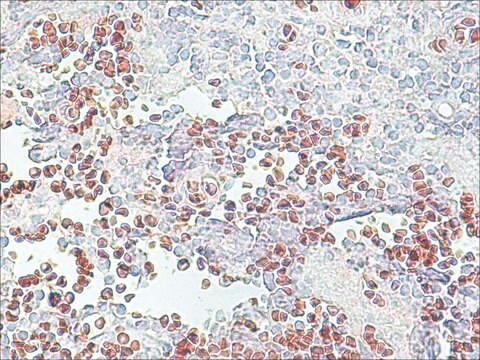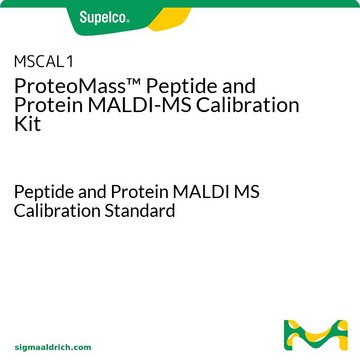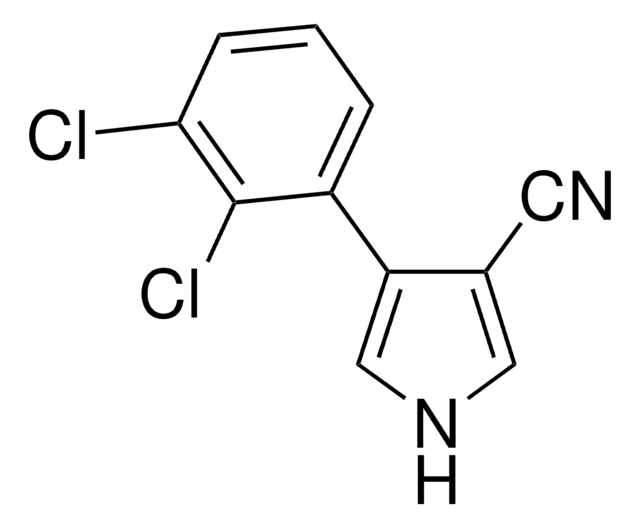C2866
Anti-Cannabinoid Receptor 1 antibody produced in rabbit
affinity isolated antibody, buffered aqueous solution
About This Item
IHC (p)
immunohistochemistry (formalin-fixed, paraffin-embedded sections): 8-11 μg/mL
Prodotti consigliati
Origine biologica
rabbit
Livello qualitativo
Coniugato
unconjugated
Forma dell’anticorpo
affinity isolated antibody
Tipo di anticorpo
primary antibodies
Clone
polyclonal
Stato
buffered aqueous solution
Reattività contro le specie
human
Disponibilità
not available in Japan
tecniche
immunocytochemistry: suitable
immunohistochemistry (formalin-fixed, paraffin-embedded sections): 8-11 μg/mL
N° accesso UniProt
Condizioni di spedizione
dry ice
Temperatura di conservazione
−70°C
modifica post-traduzionali bersaglio
unmodified
Informazioni sul gene
human ... CNR1(1268)
mouse ... Cnr1(12801)
rat ... Cnr1(25248)
Cerchi prodotti simili? Visita Guida al confronto tra prodotti
Descrizione generale
Immunogeno
Applicazioni
Azioni biochim/fisiol
Stato fisico
Esclusione di responsabilità
Non trovi il prodotto giusto?
Prova il nostro Motore di ricerca dei prodotti.
Codice della classe di stoccaggio
10 - Combustible liquids
Classe di pericolosità dell'acqua (WGK)
nwg
Punto d’infiammabilità (°F)
Not applicable
Punto d’infiammabilità (°C)
Not applicable
Scegli una delle versioni più recenti:
Possiedi già questo prodotto?
I documenti relativi ai prodotti acquistati recentemente sono disponibili nell’Archivio dei documenti.
Il team dei nostri ricercatori vanta grande esperienza in tutte le aree della ricerca quali Life Science, scienza dei materiali, sintesi chimica, cromatografia, discipline analitiche, ecc..
Contatta l'Assistenza Tecnica.








